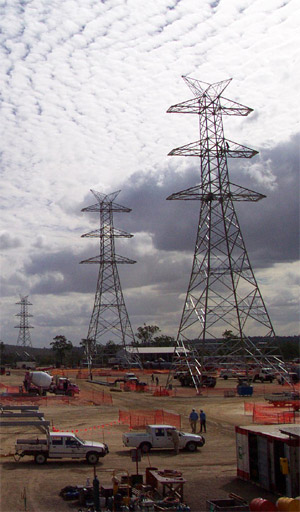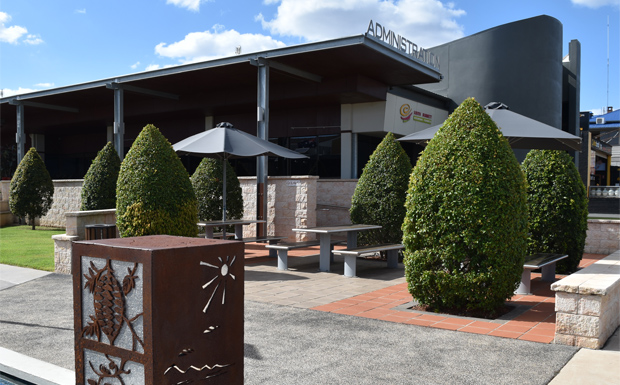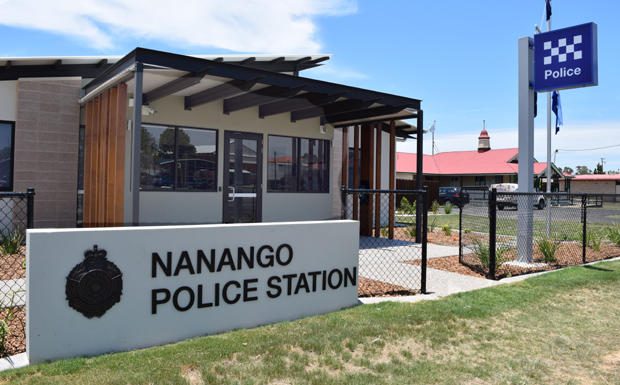
Unions have warned they will campaign against any move by the LNP to put electricity privatisation back on the political agenda.
This follows reports about recommendations for sell-offs and network downgrades contained in an Independent Review Panel into the Queensland Electricity Industry.
The review focussed on government-owned corporations Energex and Ergon Energy.
Electrical Trades Union State Secretary Peter Simpson said today electricity consumers, electrical workers and the business community should have major concerns with the recommendations, which were outlined in a Courier-Mail newspaper report on Saturday.
He said that of particular concern was the statement: “There is a compelling case for privatisation … in Queensland that can unlock further cost savings”.
“The three significant areas of concern are the push for privatisation, the massive $1.4 billion cut to operational expenditure and the proposal to reduce maintenance standards,” Mr Simpson said.
“Essentially this confirms the LNP is advocating selling off the electricity network, implementing a massive round of job cuts and reducing the reliability of electricity supply.
“There is no way we will support this reckless action. We will campaign against it.”
Mr Simpson also accused the State Government of commissioning a “phantom” inquiry.
“In State Parliament on November 30, 2006, Tim Nicholls who is now Treasurer advocated selling everything in the industry, saying: ‘Why not sell the poles and wires as well? Why not sell the generators as well?” he said.
“Now the LNP has spent thousands of taxpayers’ dollars pretending to run an enquiry only to table a report that appears to have been written back in 2006 by Tim Nicholls recommending Government sell off the electricity network.”
The ETU said it was deeply concerning that the interim report uses the examples of privatisation in South Australia and Victoria as an “aspirational model”.
“South Australia has the dubious honour of selling electricity for nearly twice the price of Queensland. In the case of the Victorian electricity network, the private power companies were the subject of scathing attacks for underinvestment in maintenance and the contribution it played in the Black Saturday bushfires. Higher prices and an unsafe network, hardly two shining examples of privatisation working for the public interest.”
* * *
The Services Union, which represents thousands of energy industry workers, said the draft recommendations could be “dire for the delivery, safety and reliability of our electricity network”.
One of the Draft Recommendations calls for Ergon Energy and Energex to merge into one holding company.
Secretary Kath Nelson said the establishment of this holding company was likely to be the precursor for the Panel’s final recommendation that the State Government consider the privatisation of Ergon Energy and Energex.
“If adopted, these recommendations may see Queenslanders lose the efficient and reliable delivery of electricity to their communities,” Ms Nelson said.
“It has taken a long time for Queenslanders to have a reliable electricity network delivered to them; however in one swoop this could be lost.
“The privatisation of Energex and Ergon Energy may mean further job losses in our regional communities and a reduction in regular maintenance which may ultimately lead to a less reliable network.
“The Independent Review Panel’s recommended reduction of capital expenditure by $1.4 billion and reduced maintenance is a further blow for our communities.
“Last weekend we witnessed the efficient response provided by Energex workers during the super cell storms and our communities do not deserve to lose this level of service.
“The response effort could not have been achieved as rapidly if our network had not been regularly maintained and regular investments to the network made.”
The Services Union said it was also very concerned about potential price rises as a result of privatisation.
“Victoria and South Australia saw massive price increases following privatisation and Queensland can not afford for that to happen here,” Ms Nelson said.























